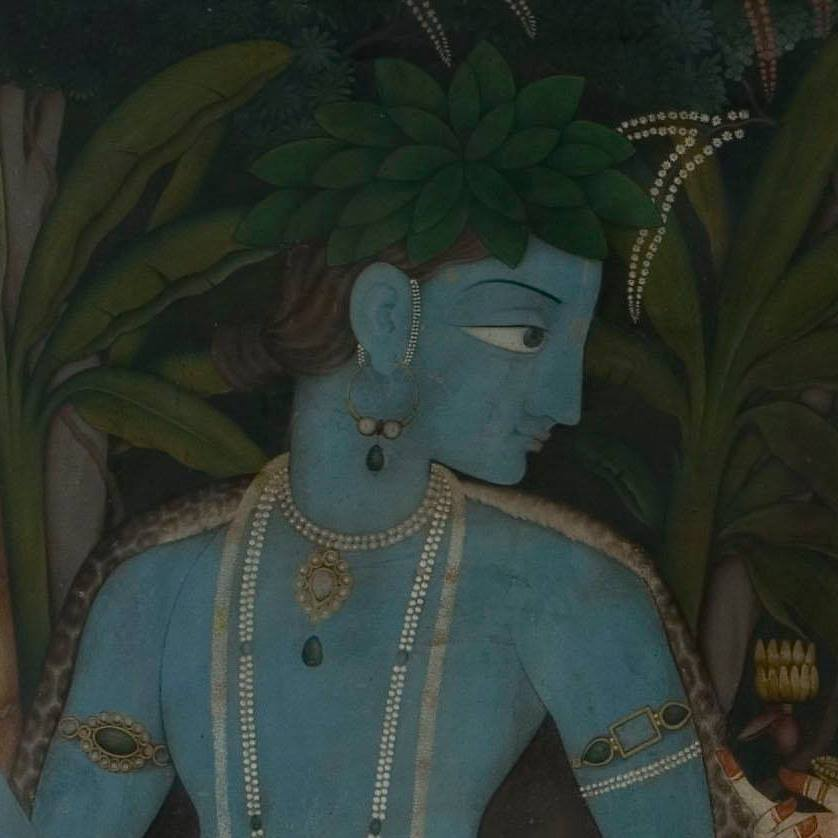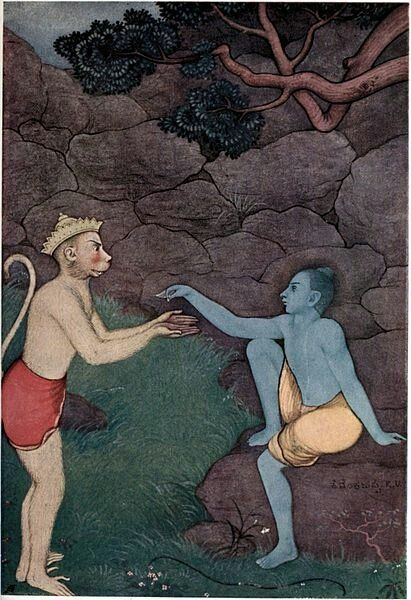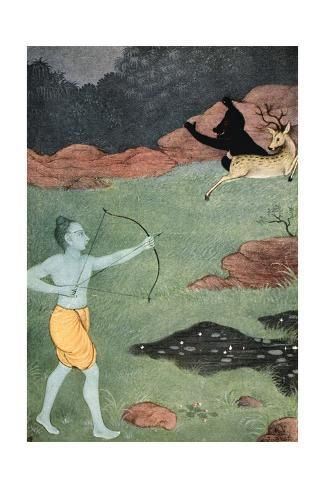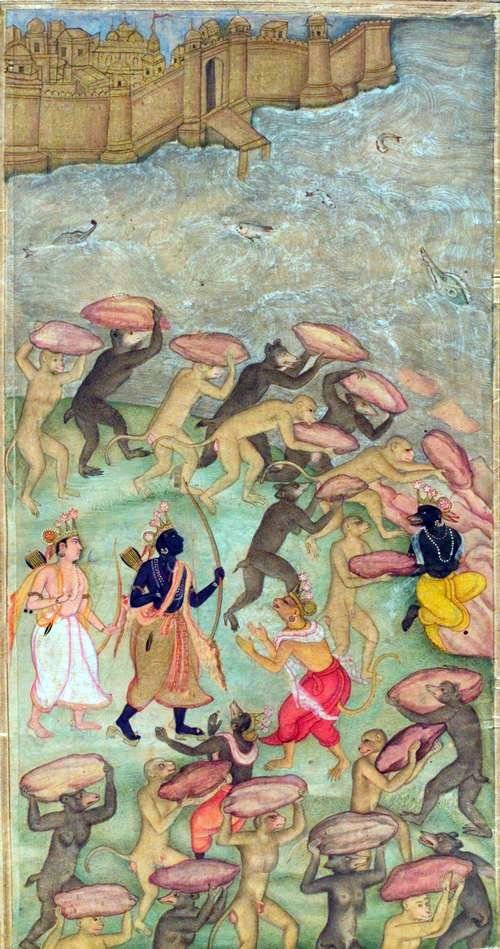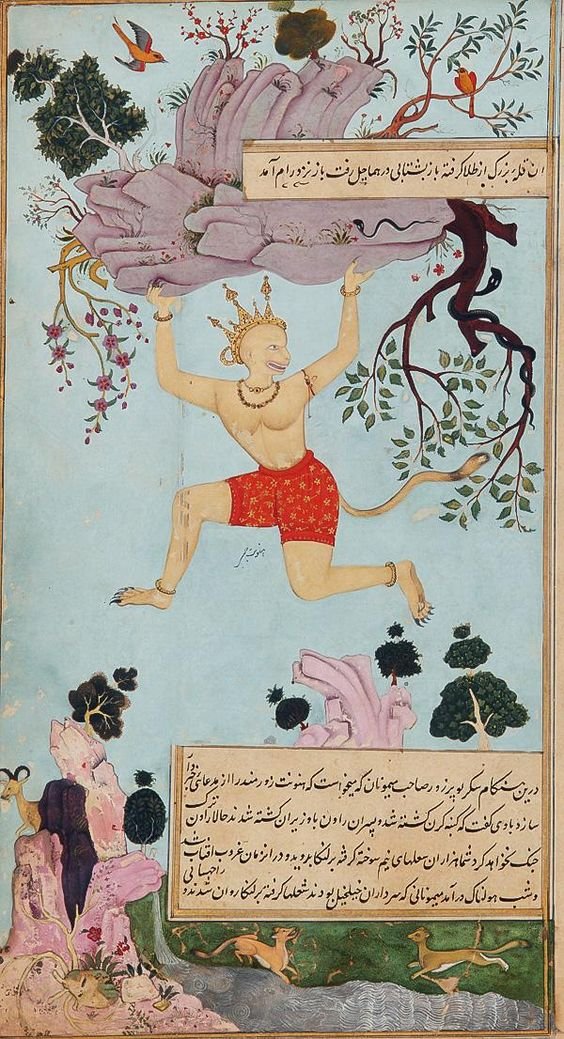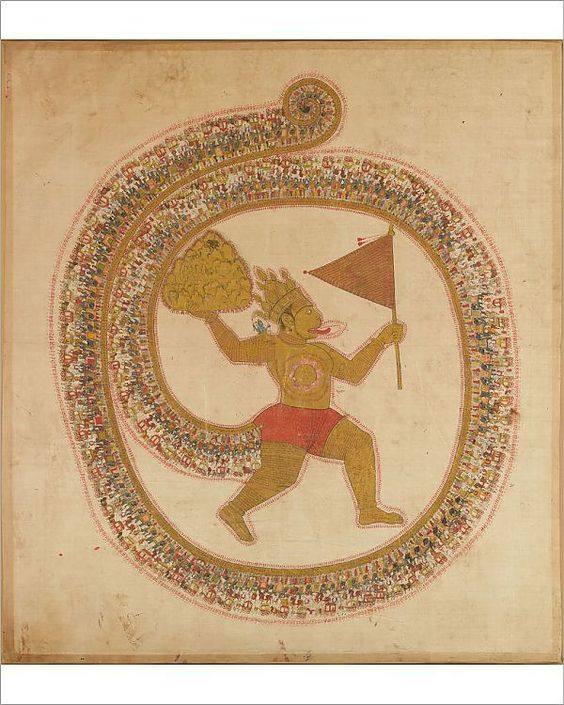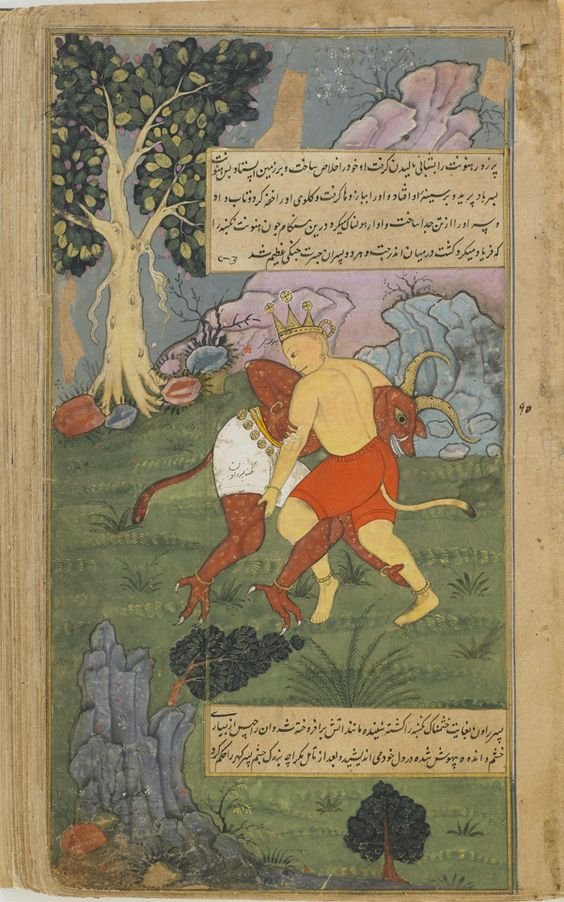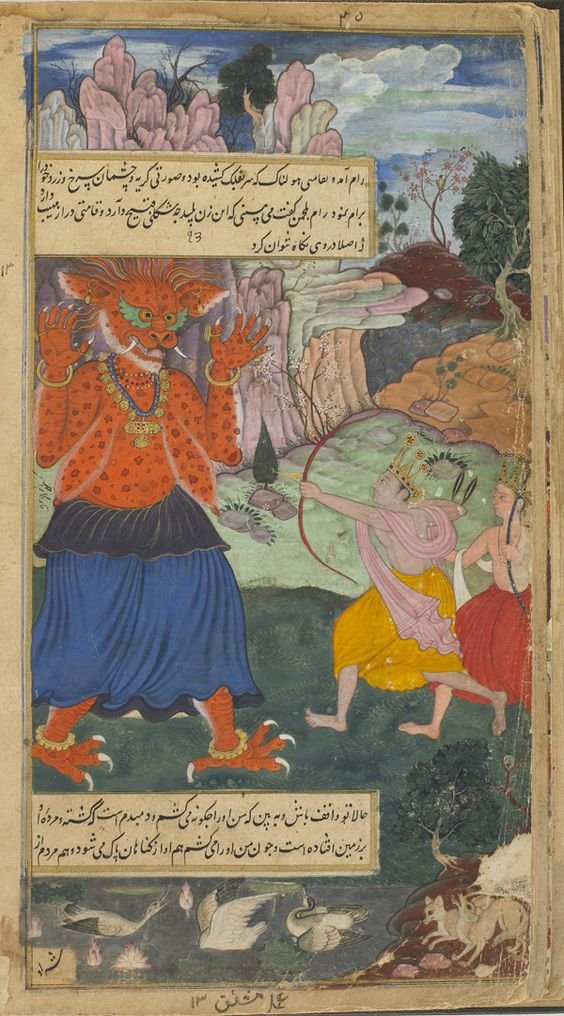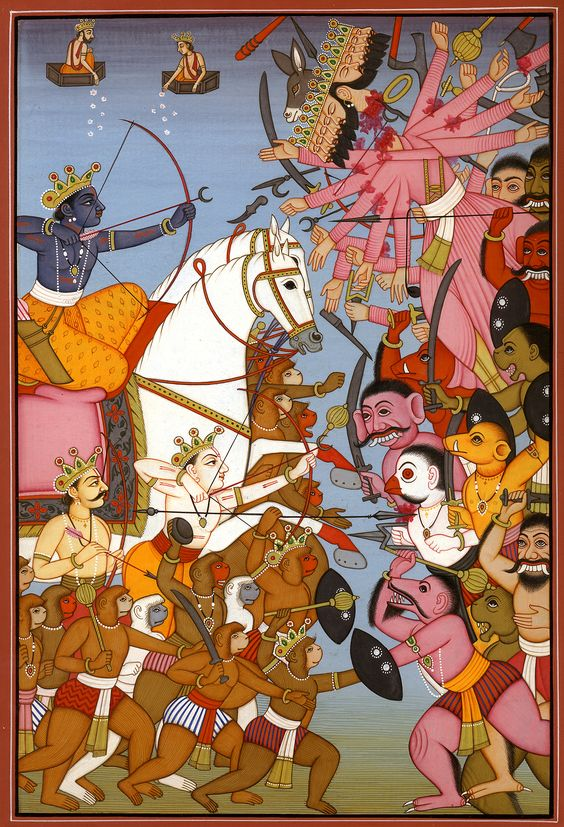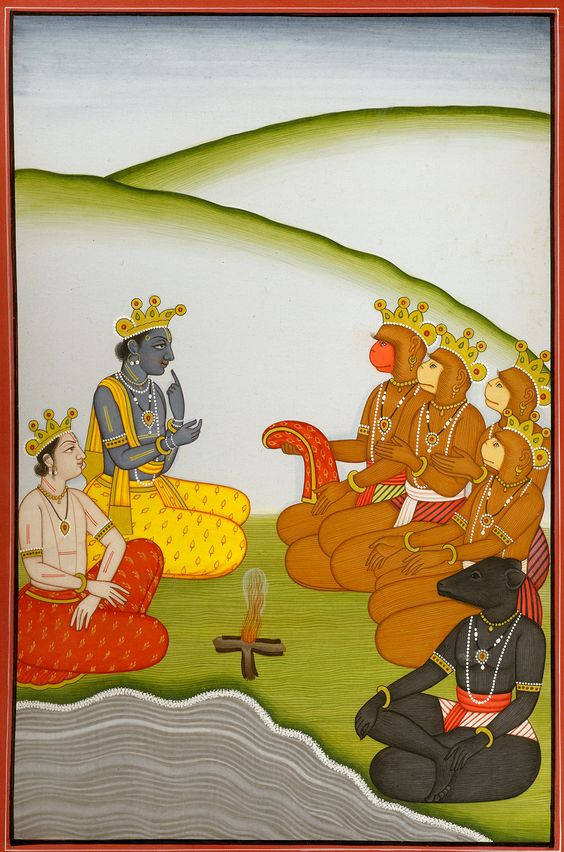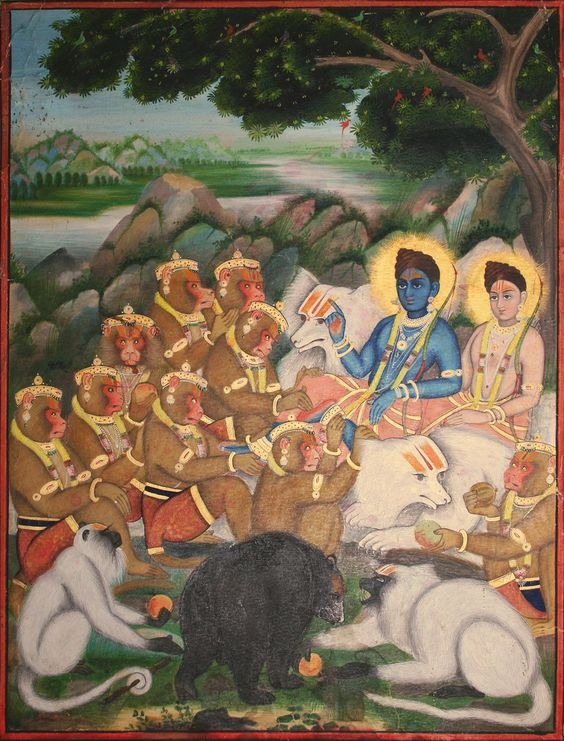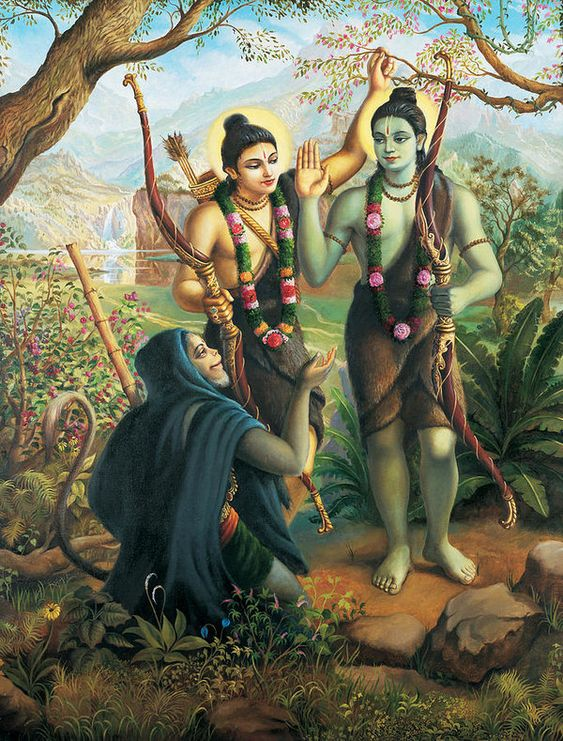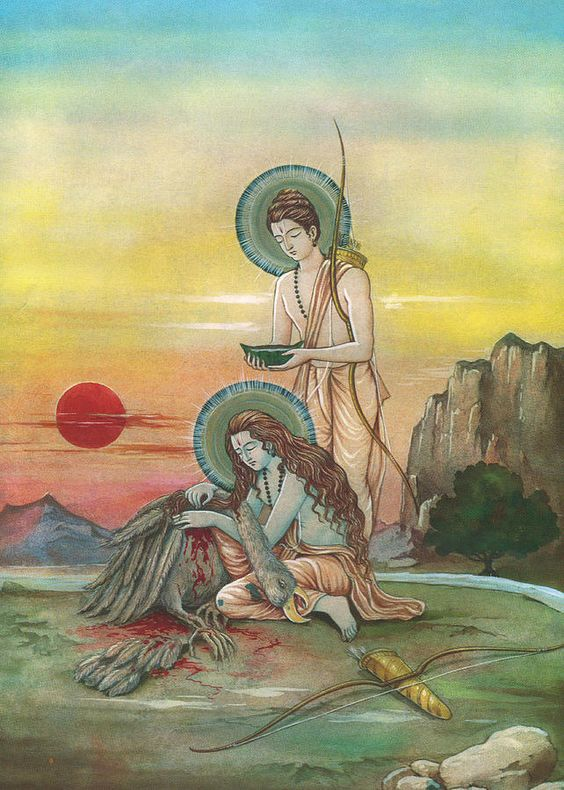KARMA IN ITS EFFECT ON CHARACTER
By Swami Vivekananda
The word Karma is derived from the Sanskrit Kri, to do; all action is Karma. Technically, this word also means the effects of actions. In connection with metaphysics, it sometimes means the effects, of which our past action
By Swami Vivekananda
The word Karma is derived from the Sanskrit Kri, to do; all action is Karma. Technically, this word also means the effects of actions. In connection with metaphysics, it sometimes means the effects, of which our past action
s were the causes. But in Karma-Yoga we have simply to do with the word Karma as meaning work. The goal of mankind is knowledge.
Pleasure is not the goal of man, but knowledge.
Pleasure and happiness both come to an end.
Both pleasure and pain are great teachers,
Pleasure is not the goal of man, but knowledge.
Pleasure and happiness both come to an end.
Both pleasure and pain are great teachers,
and that he learns as much from evil as from good.
As pleasure and pain pass before his soul they have upon it different pictures, and the result of these combined impressions is what is called man& #39;s "character". If you take the character of any man, it really is but the
As pleasure and pain pass before his soul they have upon it different pictures, and the result of these combined impressions is what is called man& #39;s "character". If you take the character of any man, it really is but the
aggregate of tendencies, the sum total of the bent of his mind; you will find that misery and happiness are equal factors in the formation of that character.
Good and evil have an equal share in moulding character, and in some instances misery is a greater teacher than happiness.
Good and evil have an equal share in moulding character, and in some instances misery is a greater teacher than happiness.
it was poverty that taught more than wealth, it was blows that brought out their inner fire more than praise.
This knowledge is inherent in man. What we say a man "knows", should, in strict psychological language, be what he "discovers" or "unveils"; what a man "learns"
This knowledge is inherent in man. What we say a man "knows", should, in strict psychological language, be what he "discovers" or "unveils"; what a man "learns"
is really what he "discovers", by taking the cover off his own soul. All knowledge, therefore, secular or spiritual, is in the human mind. In many cases it is not discovered, but remains covered, and when the covering is being slowly taken off, we say, "We are learning,".
All these blows taken together are called Karma, work, action. Every mental &physical blow that is given to the soul, by which, as it were, fire is struck from it, & by which its own power & knowledge are discovered,is Karma. Everything we do,is Karma,& it leaves its marks on us.
If you really want to judge of the character of a man, look not at his great performances. Every fool may become a hero at one time or another. Watch a man do his most common actions; those are indeed the things which will tell you the real character of a great man.
Great occasions rouse even the lowest of human beings to some kind of greatness, but he alone is the really great man whose character is great always, the same wherever he be.
The men of mighty will the world has produced have all been tremendous workers — gigantic souls, with wills powerful enough to overturn worlds, wills they got by persistent work, through ages, and ages.
No one can get anything unless he earns it. This is an eternal law.
No one can get anything unless he earns it. This is an eternal law.
Our Karma determines what we deserve & what we can assimilate. We are responsible for what we are;& whatever we wish ourselves to be,we have the power to make ourselves.
The Gita says that it is doing work as a science; by knowing how to work, one can obtain the greatest results.
The Gita says that it is doing work as a science; by knowing how to work, one can obtain the greatest results.
Work for work& #39;s sake. There are some who are really the salt of the earth in every country and who work for work& #39;s sake, who do not care for name, or fame, or even to go to heaven. They work just because good will come of it. There are others who do good to the poor and help
mankind from still higher motives, because they believe in doing good & love good. If a man works without any selfish motive in view, does he not gain anything? Yes, he gains the highest.
It is hard to do it, but in the heart of our hearts we know its value,& the good it brings
It is hard to do it, but in the heart of our hearts we know its value,& the good it brings
The ideal man is he who, in the midst of the greatest silence and solitude, finds the intensest activity, and in the midst of the intensest activity finds the silence and solitude of the desert. He has learnt the secret of restraint, he has controlled himself.
End of Thread.

 Read on Twitter
Read on Twitter